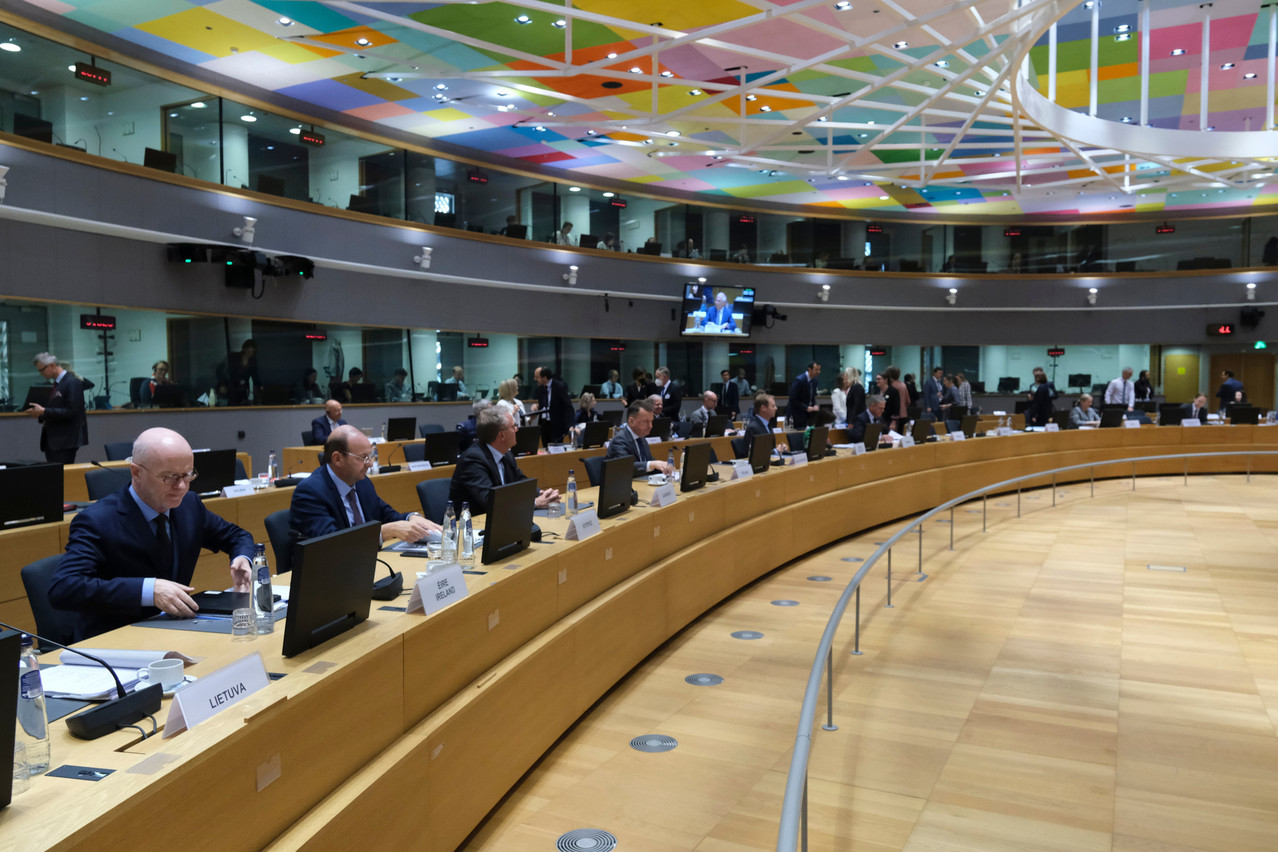The new organisation’s meeting was set up by the European Council, which defines the general political direction of the bloc, and the Czech Republic. The latter currently holds the presidency of the Council of the EU which brings together the member states’ ministers. Its innate backing by the EU signals that the EPC will maintain the same values while its creation as a reaction to the war in Ukraine signals that security and energy could in the organisation’s focus. An Charles Michel cites peace, security, the economic situation, energy and climate, and migration and mobility as the topics to be discussed in Prague.
A wider European community
The meeting in Prague will feature 44 participants representing the 27 EU member states, as well as Albania, Moldova, North Madeconia, Montenegro, Serbia, Turkey and Ukraine (all in the various stages of accession talks), Georgia and Kosovo (which also are interested in joining the bloc), Switzerland, Norway, Iceland, the UK, Armenia, Azerbaijan and the presidents of the European Council and Commission. The EPC was first proposed by Macron on 9 May during when he outlined his vision for a broader community of European democracies.
A press release by the European Council outlines the EPC’s aims as: fostering political dialogue and cooperation to address issues of common interes as well as strengthening the security, stability and prosperity of the European continent.
EPC importance still unclear
However, the place the EPC will take in the hierarchy of European organisations and institutions is still unclear. In terms of security, most European countries are in the Nato military alliance and Ukraine has filed for membership following the annexation by Russia of four of its regions. The Organisation for Security and Co-operation in Europe (OSCE) also covers arms control, freedom of the press and free and fair elections.
